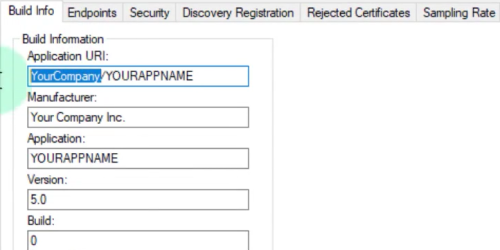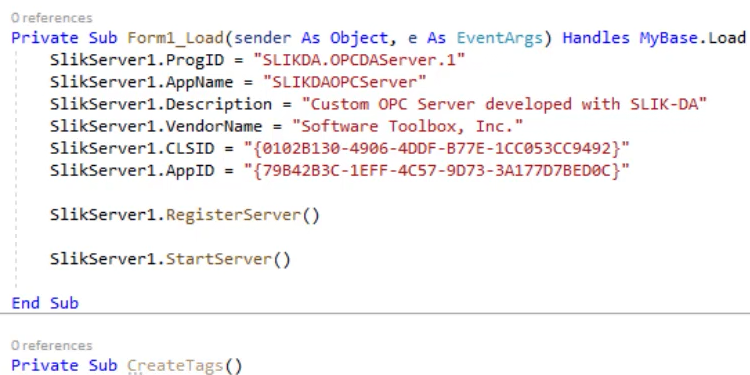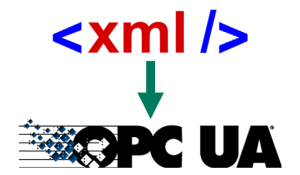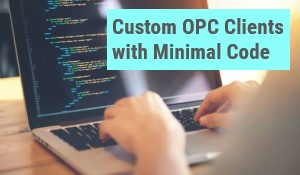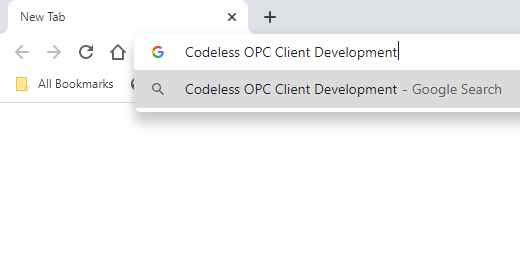Developers of custom OPC client applications have new options, enhanced troubleshooting tools, runtime configuration flexibility, and improved utilities to help them in the recently released 2021.1 (5.60) version of the OPC Data Client Toolkit.
In this technically hot blog post, we will cover the release highlights with links to documentation, and, as always, the full detailed release notes are available in our knowledge base. Also if you did not see the 2020.3 (5.59) release post, that one was packed with technical details.



